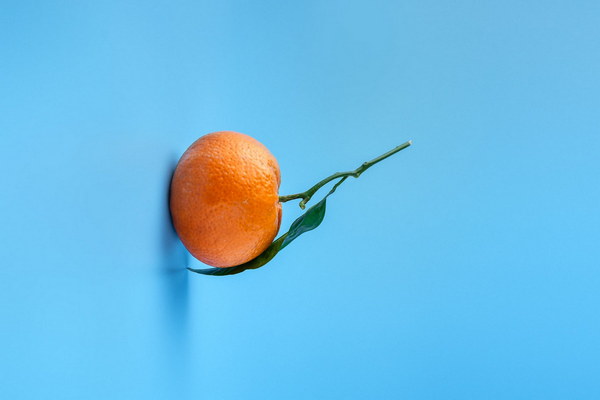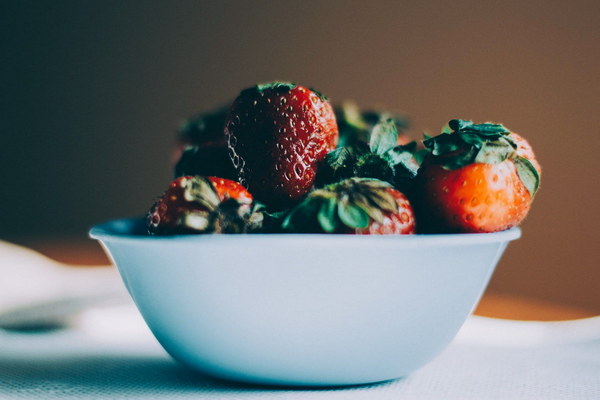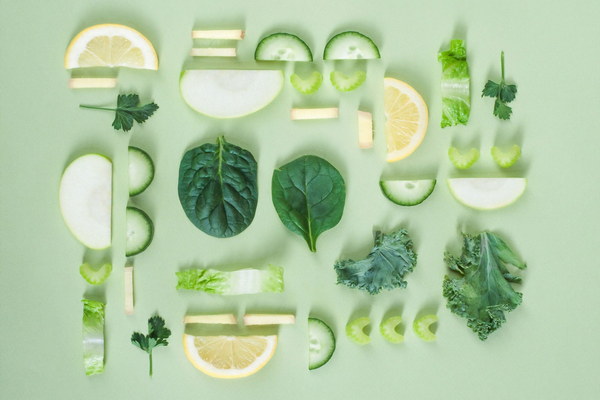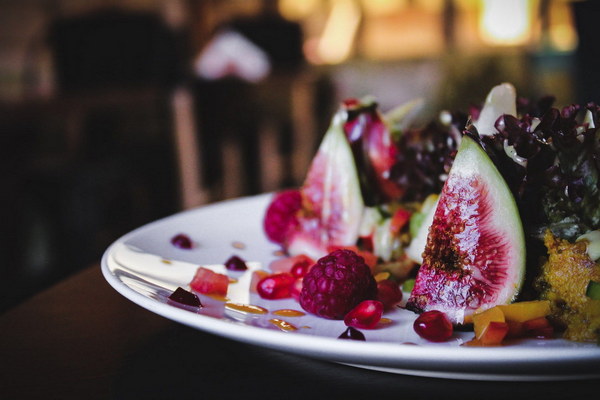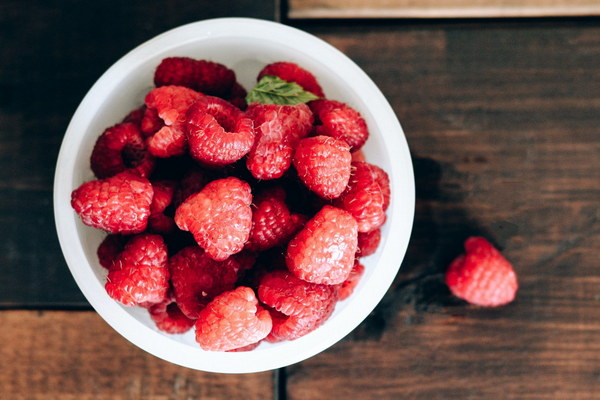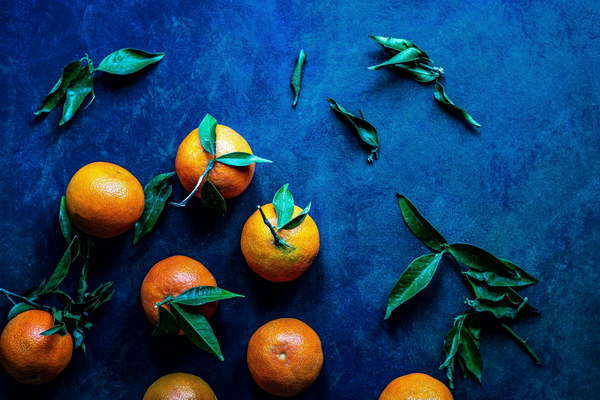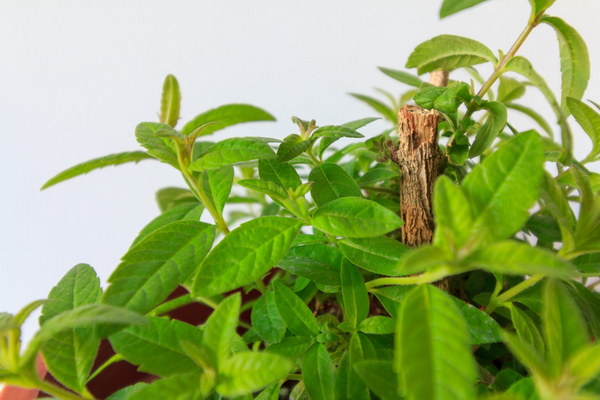Ancient Elixirs A Compendium of Traditional Chinese Tonifying Foods
In the rich tapestry of traditional Chinese medicine, tonifying foods have long been revered for their ability to bolster the body's vitality and enhance overall well-being. This compendium delves into the ancient elixirs that have been cherished for centuries, offering a glimpse into the treasure trove of traditional Chinese tonifying foods.
1. Goji Berries (Lycium barbarum)
Renowned for their vibrant red color and potent health benefits, goji berries have been a staple in Chinese cuisine and medicine for thousands of years. They are believed to enhance the immune system, improve vision, and promote longevity.
2. Ginseng (Panax ginseng)
Ginseng is perhaps the most well-known of all Chinese tonifying herbs. Its roots, which can be white, red, or golden, are believed to boost energy, improve mental clarity, and enhance physical endurance. In traditional Chinese medicine, ginseng is often prescribed to treat fatigue, weakness, and stress.
3. Astragalus (Astragalus membranaceus)
Astragalus is another popular herb in traditional Chinese medicine, valued for its immune-boosting properties. It is often used in combination with other herbs to strengthen the body's defenses against illness and to promote overall health.
4. Codonopsis (Codonopsis pilosula)
Codonopsis is a versatile herb that is commonly used in Chinese herbal formulas. It is believed to enhance energy, improve respiratory health, and boost the immune system. Codonopsis is often referred to as the poor man's ginseng due to its ability to provide similar benefits without the high cost of ginseng.
5. Licorice (Glycyrrhiza uralensis)
Licorice is a sweet, aromatic herb that has been used in Chinese medicine for thousands of years. It is believed to balance the body's Yin and Yang energies and is often used to soothe the throat, reduce inflammation, and alleviate stress.
6. Rehmannia (Rehmannia glutinosa)
Rehmannia is a root herb that is highly valued for its cooling properties. It is commonly used to nourish the blood and treat deficiencies in Yin energy. Rehmannia is often prescribed for symptoms such as weakness, palpitations, and night sweats.
7. Dang gui (Angelica sinensis)
Dang gui is a well-regarded herb known for its ability to nourish the blood and regulate menstruation. It is often used in combination with other herbs to treat anemia, fatigue, and menstrual disorders.
8. Chinese Wolfberry (Lycium chinense)
Similar to goji berries, Chinese wolfberries are believed to enhance vision, boost the immune system, and promote longevity. They are often consumed as a tea or added to soups and stews for their health benefits.
9. Chuanxiong (Ligusticum chuanxiong)
Chuanxiong is a rhizome herb that is commonly used in Chinese medicine to improve blood circulation and alleviate pain. It is often prescribed for conditions such as headaches, menstrual cramps, and joint pain.
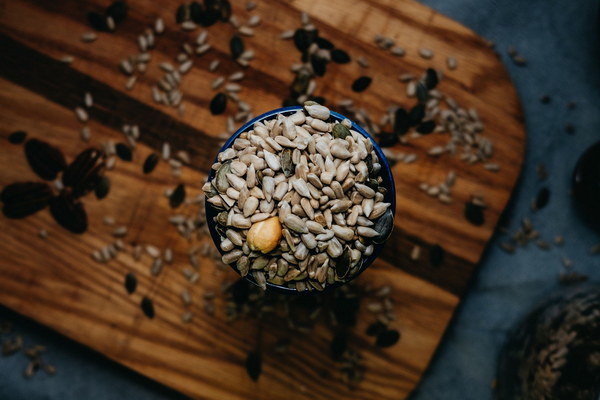
10. Chinese Dates (Jujube)
Chinese dates are sweet, chewy fruits that are believed to nourish the heart, strengthen the spleen, and enhance energy. They are often consumed as a snack or added to teas and soups for their health-promoting properties.
These ancient elixirs, passed down through generations, continue to be cherished for their ability to enhance vitality and well-being. By incorporating these traditional Chinese tonifying foods into your diet, you may discover the timeless wisdom of ancient medicine and experience the benefits of these natural treasures.
